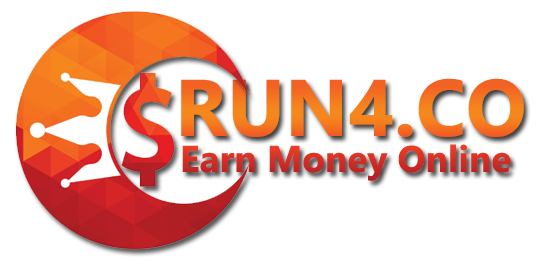
Freelancing is a form of self-employment in which a person works independently on a project or contract basis, rather than being employed by a single employer on a permanent basis. Freelancers are also known as independent contractors, and they typically work in a variety of fields such as writing, graphic design, programming, consulting, and more. Freelancers are responsible for finding their own clients, setting their own rates, and managing their own schedule. They are also responsible for paying their own taxes, and providing their own equipment and benefits.
Freelancing can offer flexibility and freedom, as well as the ability to choose the projects and clients you want to work with. It can also be a way to build a portfolio of work and gain experience in a specific field. However, it can also be challenging to find consistent work and manage the administrative tasks that come with running a business. Freelancers often have to market their services and build their own networks to find clients and opportunities.
How To Start Freelancing?
Starting freelancing can be a great way to take control of your career and work independently. Here are some steps to help you get started:
- Identify your skills and what you have to offer: Before you can start freelancing, you need to have a clear idea of what services you can offer and what you are good at. Consider your current skills, experience, and interests, and think about what you can offer that is unique and valuable.
- Build a portfolio: A portfolio of your work is a great way to showcase your skills and attract potential clients. It can be a website, a PDF document, or even a social media account where you share your work. Make sure that your portfolio is well-organized and easy to navigate, and that it highlights your best work.
- Network and market your services: Networking and marketing are key to finding freelance work. Attend industry events, join professional associations, and use social media and other online platforms to connect with potential clients and collaborators.
- Set your rates and terms: Decide on your rates and terms of service, such as payment and deadlines, and be prepared to negotiate with clients. It’s important to have a clear understanding of your rates and terms before you start working with clients.
- Create invoices and manage finances: You’ll need to create invoices and manage your finances when you start freelancing. Use invoicing software or create your own invoice template, and make sure you keep track of your expenses and income.
- Create a work schedule: As a freelancer, you have the freedom to create your own schedule. But, it’s important to be consistent and meet deadlines. Create a schedule that works for you, and make sure you stick to it.
- Learn about the legal and tax requirements: Understand the legal and tax requirements of freelancing in your region. You will be responsible for your own taxes, so it’s important to set aside money for that purpose.
Remember that freelancing can be challenging, and it takes time and effort to build a successful freelance business. Be prepared to put in the work and be patient as you build your reputation and client base.
What is Future Of Freelancing?
The future of freelancing looks promising, as the trend towards remote work and digitalization of the economy continues to grow. The COVID-19 pandemic has accelerated this trend, as many companies have had to shift to remote work, and many individuals have turned to freelancing as a way to earn a living during the economic downturn.
According to a report by Upwork, freelancers are expected to make up more than half of the U.S. workforce by 2027. As technology continues to advance and more businesses move online, the demand for freelancers with digital skills is likely to increase. This includes skills such as web development, digital marketing, data analysis, and more.
Freelancing also offers many benefits, such as flexibility, work-life balance, and the ability to choose your own projects and clients. This makes it an attractive option for many people, particularly for those who prefer not to be tied to a traditional 9-to-5 job or those who want to start their own business.
Additionally, freelancing also offers opportunities for underrepresented groups, such as women and people with disabilities, to participate in the workforce and increase their economic opportunities.
However, freelancing also comes with its own set of challenges, such as lack of benefits, inconsistent income, and the need to manage one’s own taxes and finances. Governments and organizations are also looking at ways to address these challenges, such as by providing more support and protection for freelancers, and creating new forms of social safety net for them.
Overall, the future of freelancing looks bright, but it’s important to understand the challenges and opportunities it brings. It’s also important to stay informed about trends and developments in the industry, and be prepared to adapt and evolve as the market changes.




